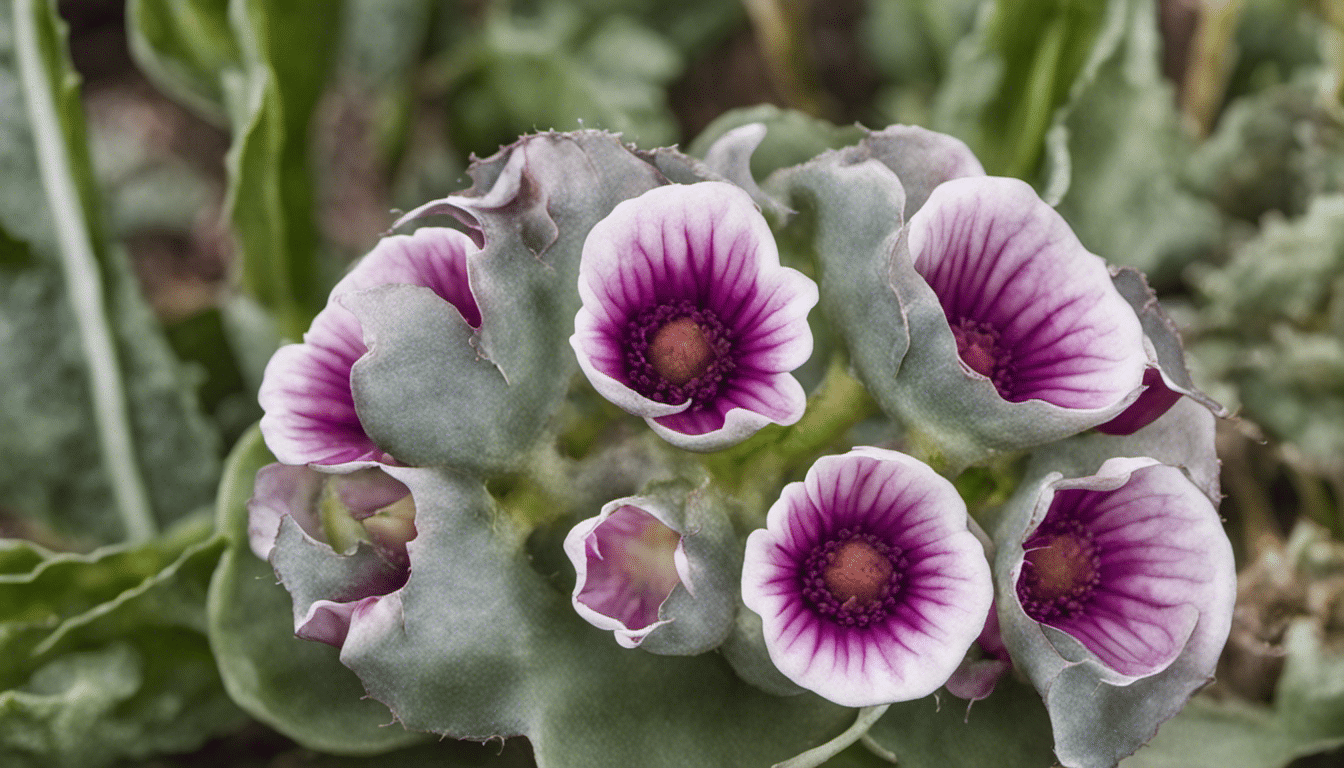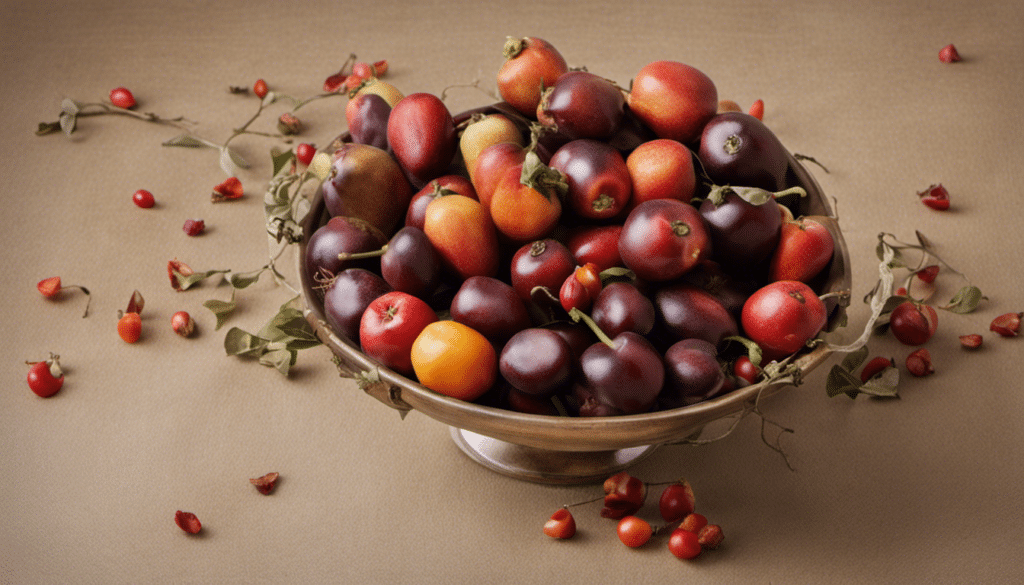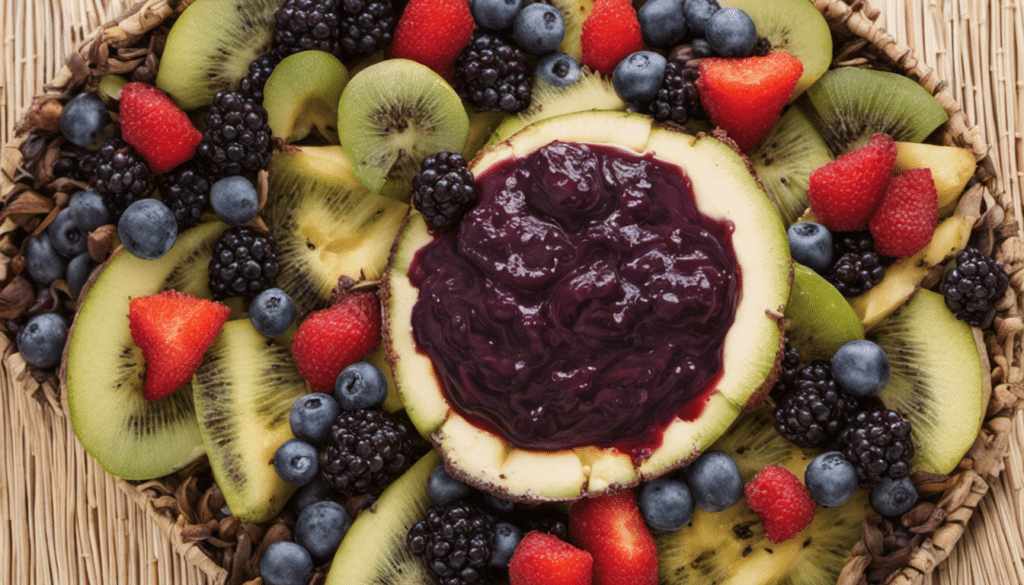All About Waterblommetjies
Waterblommetjies, also known as Cape Pondweed or Aponogeton distachyos, is a delicacy in South African cuisine, known for its unique taste and myriad health benefits. Rooted in rich, aquatic soil, this aquatic flowering plant brings more than just a refreshing crunch to your plate. Here, find everything you need to know about this exotic vegetable, from its nutritional value, health benefits, to the delicious ways you can relish it.
Nutritional Value of Waterblommetjies
Waterblommetjies are a rich source of essential vitamins and minerals including vitamin A, vitamin C, calcium, and iron. In particular, vitamin A plays a critical role in maintaining vision health, supporting the immune system, and promoting cell growth, while vitamin C is crucial for collagen synthesis and acts as a potent antioxidant.
Moreover, this aquatic vegetable is a good source of dietary fiber, which promotes digestive health by adding bulk to the diet and reducing the incidence of constipation and other digestive problems. Additionally, its low-calorie content makes it a popular choice among those watching their weight.
Health Benefits of Eating Waterblommetjies
Eating waterblommetjies can help support your health in many ways. The high content of vitamin C promotes a healthy immune system, which in turn can help combat various diseases and infections. Additionally, the presence of vitamins helps ensure optimal cellular function, promoting overall health and wellbeing.
The calcium and iron present in waterblommetjies offers bone health benefits. In addition to supporting bone structure and strength, these minerals can reduce the risk of osteoporosis. The consumption of iron-rich foods like waterblommetjies can also aid in preventing anemia caused by iron deficiency.
This green vegetable is also heart-friendly. Its potassium content aids in maintaining blood pressure levels by counteracting the effects of sodium, which can lead to high blood pressure. Furthermore, the essential nutrients found in waterblommetjies are known to help improve heart health because of their ability to reduce cholesterol levels.
Delicious Ways to Enjoy Waterblommetjies
Waterblommetjies are truly versatile and can be used in a variety of dishes. Traditionally, they are used in Waterblommetjiebredie, a comforting stew made with lamb and potatoes. But don’t stop there! You can use this aquatic vegetable in salads, stir-fries, soups or simply sauté them with other veggies for a vibrant and nutrient-rich side dish.
Remember, though, as with any vegetable, avoid overcooking waterblommetjies to retain the most nutrients. If possible, steam or boil them to keep their nutritional profile intact.
So, step outside your culinary comfort zone and experiment with this unique ingredient for a taste of South African cuisine at your dining table!
Waterblommetjie Recipe Ideas
- Waterblommetjie Bredie (Traditional South African Stew)
- Waterblommetjie Soup with Freshly Baked Bread
- Waterblommetjie and Lamb Potjie Recipe
- Waterblommetjie Tart Recipe
- Waterblommetjie Risotto Recipe
- Waterblommetjie and Pork Stew Recipe
- Waterblommetjie and Chickpea Salad Recipe
- Crusted Hake with Waterblommetjie Sauce Recipe
- Savoury Waterblommetjie Pancakes Recipe
- Waterblommetjie and Feta Quiche Recipe




